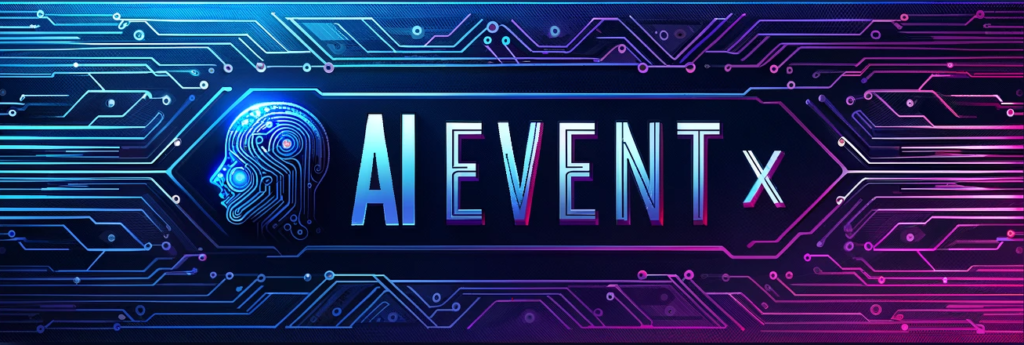Recent events surrounding OpenAI CEO Sam Altman’s temporary exile have unveiled a clandestine letter from several staff researchers to the board of directors, highlighting the discovery of a powerful artificial intelligence (AI) algorithm. This discovery, known as Q*, has raised concerns about its potential implications for humanity, sparking a series of events that led to Altman’s ouster. While the exact content of the letter remains undisclosed, it serves as a stark reminder of the ethical and existential challenges that come with rapid advancements in AI technology.
The Unveiling of Q*
The emergence of Q* (pronounced Q-Star) within OpenAI was a closely guarded secret until recently. Some insiders believe that Q* may represent a significant breakthrough in the quest for artificial general intelligence (AGI), a type of AI capable of outperforming humans in most economically valuable tasks. Although details about the algorithm’s capabilities are limited, it has been reported that, when provided with ample computing resources, Q* demonstrated proficiency in solving certain mathematical problems.
While the problems solved by Q* may seem rudimentary, akin to tasks performed by grade-school students, the fact that an AI system accomplished them with ease has ignited optimism among researchers. This optimism stems from the belief that Q* has the potential to evolve into a transformative technology with implications beyond mathematics.
The Warning Letter
The warning letter penned by OpenAI staff researchers to the board of directors was reportedly instrumental in the events leading up to Sam Altman’s temporary departure. While the precise contents of the letter remain undisclosed, it is clear that the researchers expressed concerns about the implications of Q* and its potential risks to humanity.
One of the primary concerns that likely found a place in the letter was the pace at which AI advancements, like Q*, are commercialized without a full understanding of their consequences. This issue is particularly relevant in the context of AGI, where the potential for rapid, autonomous decision-making by AI systems could have far-reaching consequences if not properly managed.
The letter’s existence and its subsequent acknowledgment by OpenAI, while refraining from commenting on its accuracy, have raised critical questions about the ethical considerations surrounding the development and deployment of AI technologies. It highlights the importance of responsible AI research and development that prioritizes the safety and well-being of society.
The Impact on OpenAI
The revelation of the letter and the existence of Q* have had significant repercussions within OpenAI. Over 700 employees reportedly considered resigning in solidarity with Sam Altman, who was fired by the board of directors. This internal strife underscores the gravity of the concerns raised by the researchers and the pivotal role AI ethics play in the organization.
OpenAI has made substantial contributions to the field of AI, and its mission to ensure that artificial general intelligence benefits all of humanity remains paramount. The events surrounding Q* and the warning letter serve as a reminder that ethical considerations must be at the forefront of AI development, even as researchers push the boundaries of technological innovation.
Conclusion
The emergence of Q* and the previously undisclosed warning letter to OpenAI’s board of directors offer a glimpse into the complexities and potential perils associated with rapid advancements in artificial intelligence. While the true capabilities and risks of Q* remain unclear, the ethical concerns expressed by OpenAI’s own researchers are a testament to the importance of responsible AI development.
As AI technology continues to evolve, it is imperative that organizations like OpenAI remain committed to transparency, ethical considerations, and robust oversight to ensure that AI serves humanity’s best interests. The story of Q* and the warning letter serves as a cautionary tale, reminding us of the need for vigilance and ethical accountability in the realm of artificial intelligence.

